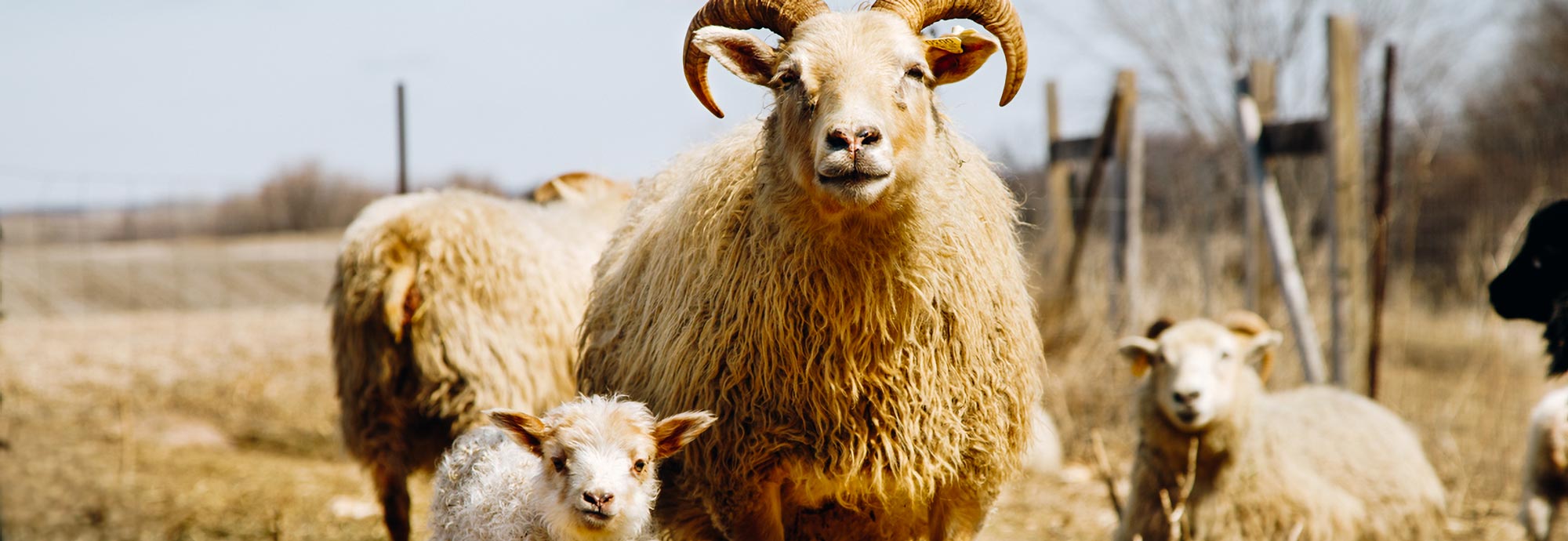Organically raised livestock
Truly organic and regenerative livestock systems go beyond avoiding synthetic inputs — they’re built on a whole-farm approach where every element works together in balance. Well-managed and integrated livestock play a vital role in organic systems, cycling nutrients, building soil health, and supporting resilient farm ecosystems.
Unlike industrial animal agriculture, which often leads to pollution and resource depletion, organic livestock management focuses on animal welfare, pasture-based systems, and ecological harmony. Whether you’re raising ruminants, poultry, or mixed livestock, find resources to help you choose the right species and integrate them into your operation in a way that supports your soil, your crops, and your farm’s long-term success.
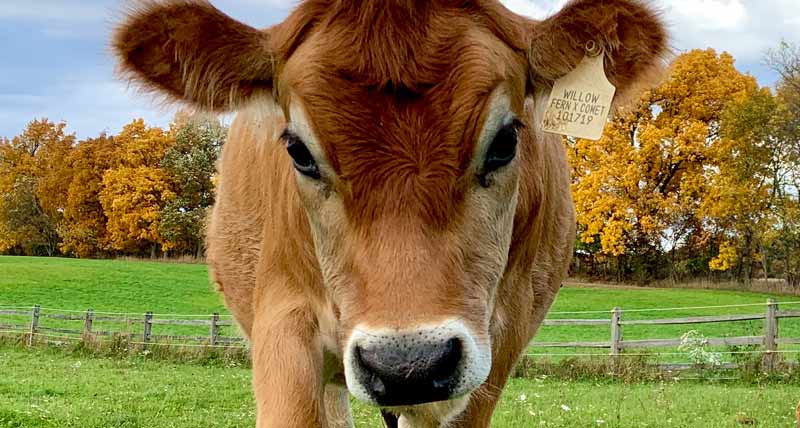
Cattle
Organic cattle production is rooted in practices that prioritize animal welfare, pasture-based systems, and ecological balance. Organic standards require access to certified organic pasture, a diet free from GMOs and synthetic additives, and health care focused on prevention, not routine antibiotics.
When thoughtfully integrated into the whole farm system, cattle can do more than produce meat — they can help regenerate soils, cycle nutrients, and strengthen long-term farm resilience. Marbleseed has practical resources and specialists to support grazing management, herd health, and certification, and build a cattle operation that’s both economically and ecologically strong.
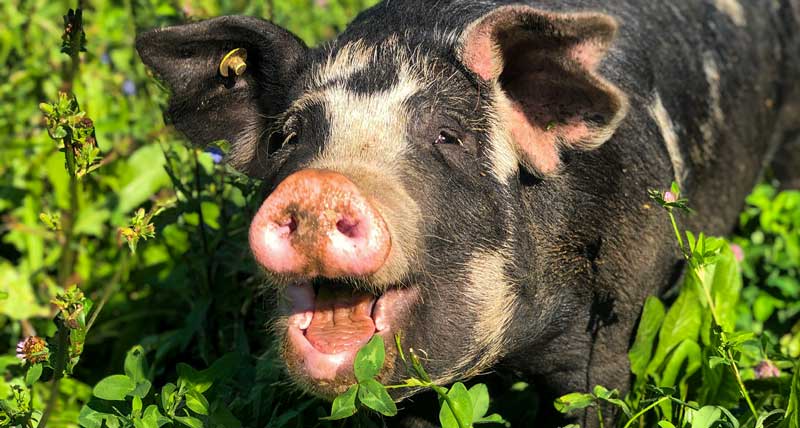
Hogs
On small-scale farms, pigs are more than livestock; they’re active partners in soil building, weed control, and nutrient cycling. With access to fresh air, space to root and roam, and certified organic feed, pasture-raised hogs thrive in systems that prioritize both animal welfare and ecological health.
For farmers looking to diversify, reduce input costs, and connect with values-driven markets, organic pasture-based pork offers a rewarding path. Whether you’re just starting out or refining your system, Marbleseed has resources and partners to help you raise healthy hogs, meet organic standards, and build a farm that works for your land and your life.
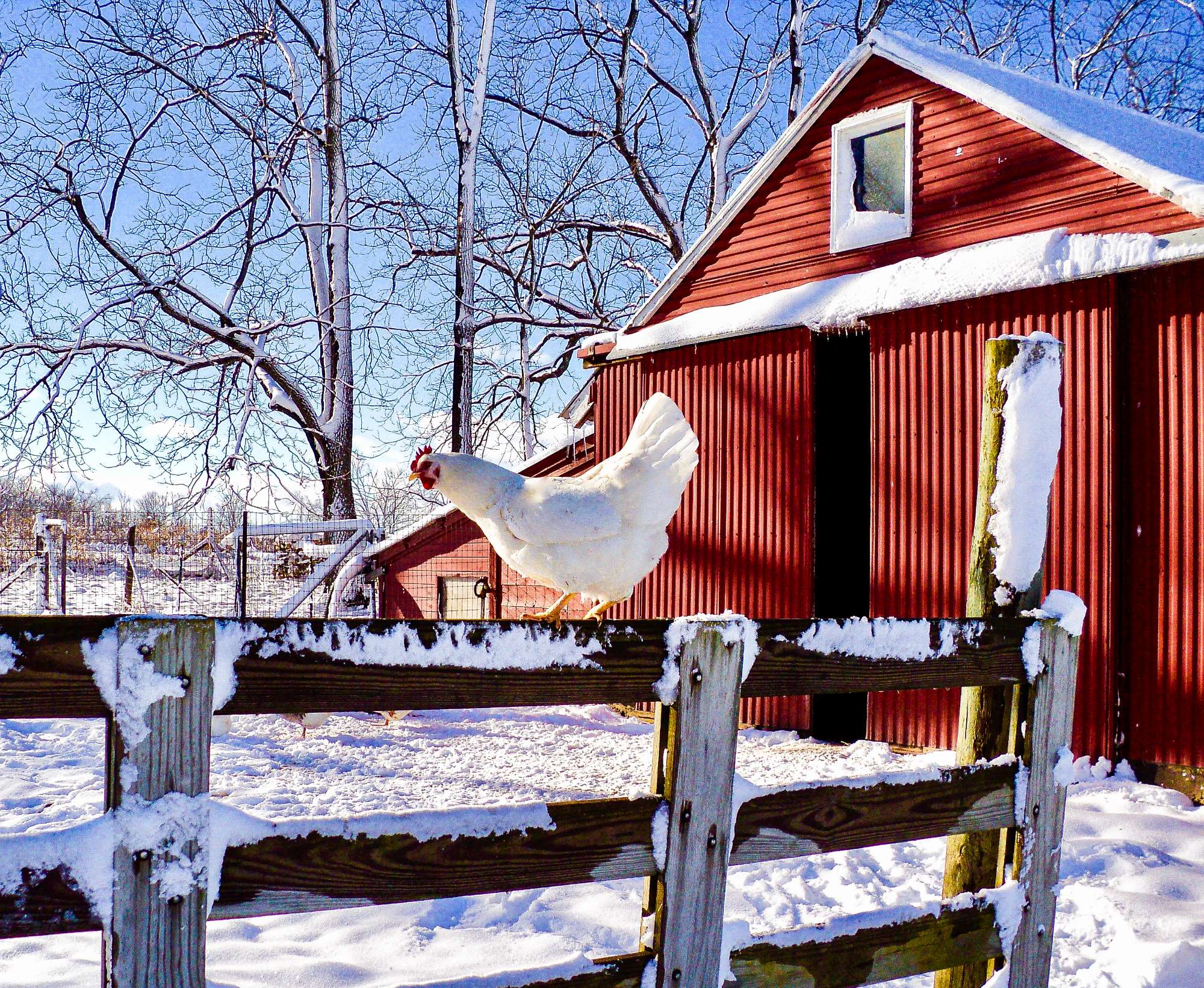
Poultry
Organic poultry production supports healthy birds and healthy farms by prioritizing animal welfare, outdoor access, organic feed, and strong biosecurity practices to prevent disease—without relying on antibiotics or synthetic additives. Whether you’re raising broilers for meat, layers for eggs, or turkeys for seasonal markets, organic standards guide you in creating environments that promote natural behaviors and flock health.
Integrated into whole-farm systems, organic poultry helps control pests, enhance soil fertility, and diversify farm income. For farmers ready to meet growing consumer demand for ethically raised poultry, organic production offers a sustainable and rewarding path. Marbleseed has resources and partners to manage your flocks, maintain certification, and market your products with confidence.
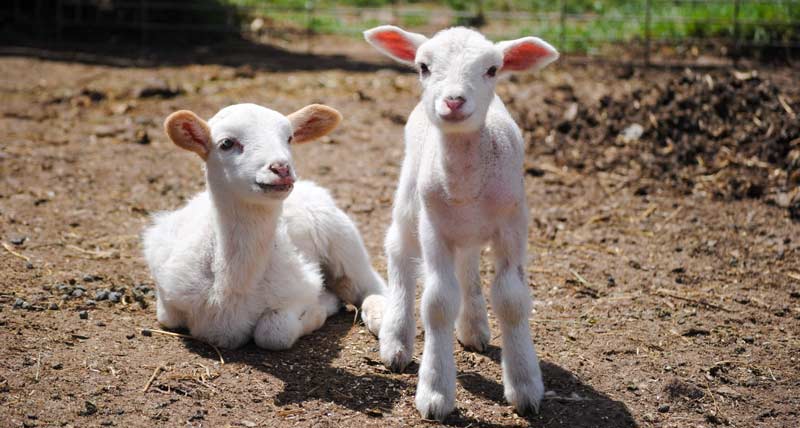
Small Ruminants
Sheep and goats are versatile, pasture-loving animals that fit beautifully into organic and regenerative farming systems. Whether you’re raising them for meat, milk, fiber, or land management, these small ruminants help diversify your farm, improve soil health, and control brush and weeds naturally.
Well-managed flocks contribute to nutrient cycling and can complement crop production, supporting a resilient, balanced farm ecosystem. If you’re interested in adding sheep or goats to your operation, Marbleseed has resources provide guidance on pasture management, health care, organic certification, and marketing to help your small ruminant enterprise thrive.
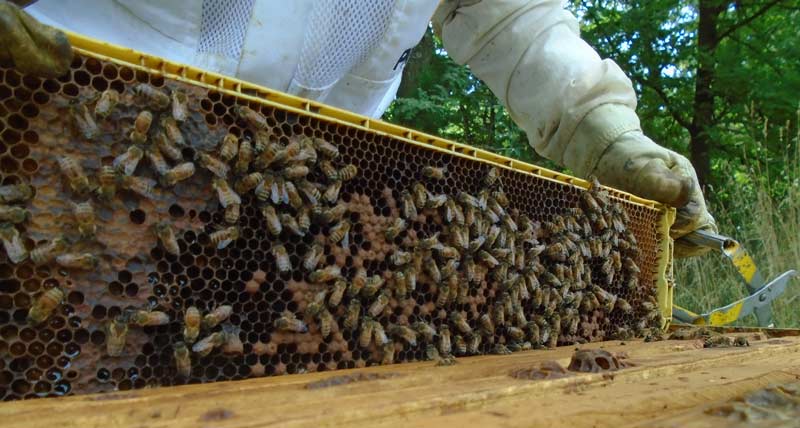
Bees
Bees are essential pollinators that support healthy crops, diverse ecosystems, and thriving farm landscapes. Organic beekeeping emphasizes natural hive management, avoiding synthetic chemicals, and providing bees with access to diverse, pesticide-free forage.
Integrating bees into your farm not only boosts pollination and yields but also contributes to biodiversity and ecosystem resilience. We have resources that can help you manage healthy bees, maintain organic certification, and connect with markets that value sustainable honey and pollination services.
